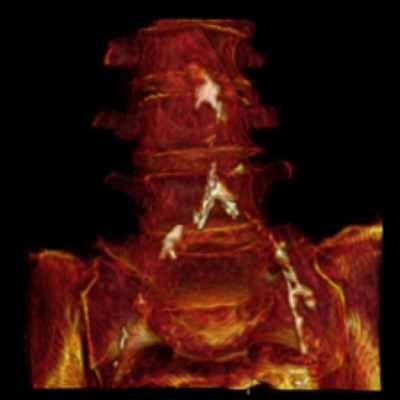Podcast for 31 May 2013
EAT OR BE EATEN - Cannibal baby sharks, ladybugs that eat other ladybugs, and monkeys that adopt the local cuisine. Also: how baby seals learn to hunt. And, why global warming could turn snowshoe hares into easy prey.


EAT OR BE EATEN - Cannibal baby sharks, ladybugs that eat other ladybugs, and monkeys that adopt the local cuisine. Also: how baby seals learn to hunt. And, why global warming could turn snowshoe hares into easy prey.
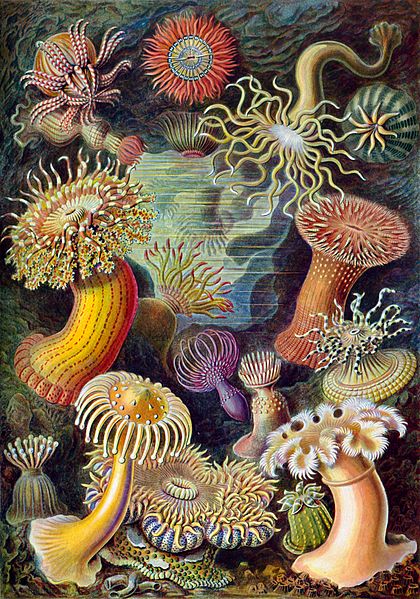
Some of the most useful medicines come from dangerous toxins found in nature.

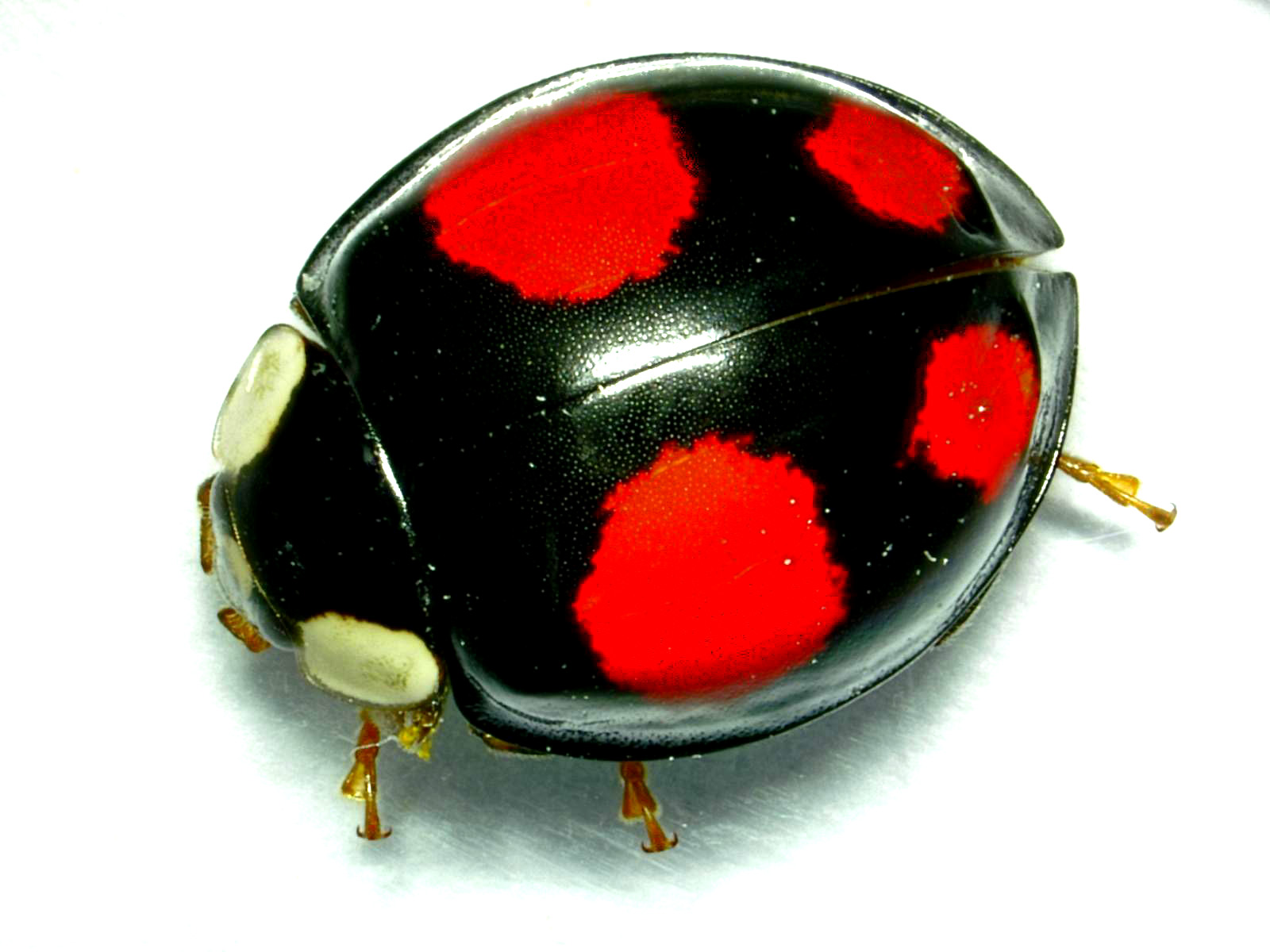
An invasive ladybird beetle kills off native species with microorganisms in its body.
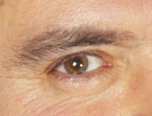
Our eyes’ ability to detect color deteriorates with age, but our brains compensate.

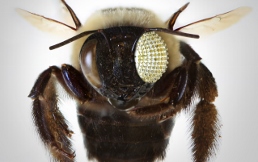
VISION SCIENCE - A camera modeled after the compound eyes of insects. How the brain compensates for worsening color vision as we age. And, could electrical simulation to the brain improve math performance? Also: Young people are still flocking to tanning booths, despite the risk of developing life-threatening melanoma.
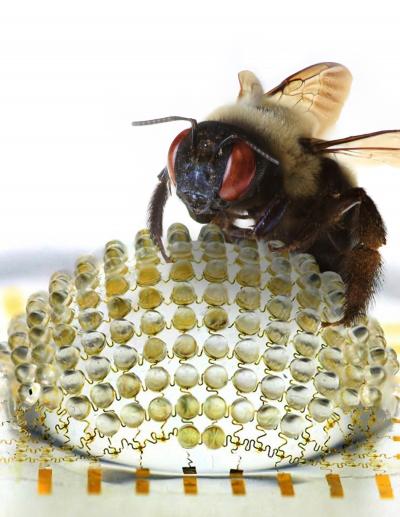
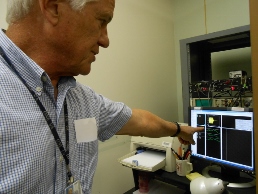
EYES, EARS & THE BRAIN - How short-term hearing loss protects the ears. The brain's number hotspot. And: could lasers wipe out cocaine addiction? Also: A nanosponge that soaks up toxins in the body.


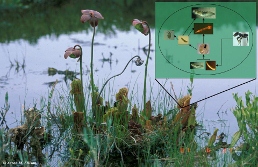
GIANT SNAILS & ANCIENT TREES - Giant aliens attack Florida, unsticking geckos, the worlds within carnivorous plants, and mapless migrant monarchs.

Monarch butterflies migrate from North to South America without a mental map.

Playing soundwaves synchronized with a person's own deep sleep rhythms may improve short-term memory.



Each carnivorous pitcher plant contains a unique food web, depending on what falls in.

ATHLETES & ROBOTS - Elite athletes are far from dumb jocks. A common ingredient in energy drinks could promote heart disease. Also: Robots that learn by watching us, and robots that can walk on sand.

Mysterious “fairy circles” on African plains are caused by termites, which destroy patches of grass but help the surrounding grass thrive.

Using frozen DNA, researchers have created early-stage embryos of an extinct frog.

LESSONS FROM THE DEAD - Scientists attempt to bring back an extinct frog. Mummies showing signs of heart disease make researchers rethink assumptions about lifestyle and diet. The mysterious death zone within African "fairy circles" explained. Also: a miniature laboratory under the skin monitors blood chemistry.
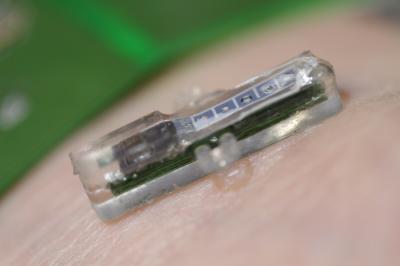
Researchers have developed an implantable blood testing sensor that can monitor blood glucose levels and chemotherapy drugs, among other things.
Deficiency in a key protein may strongly contribute to cognitive impairments in Down Syndrome.
